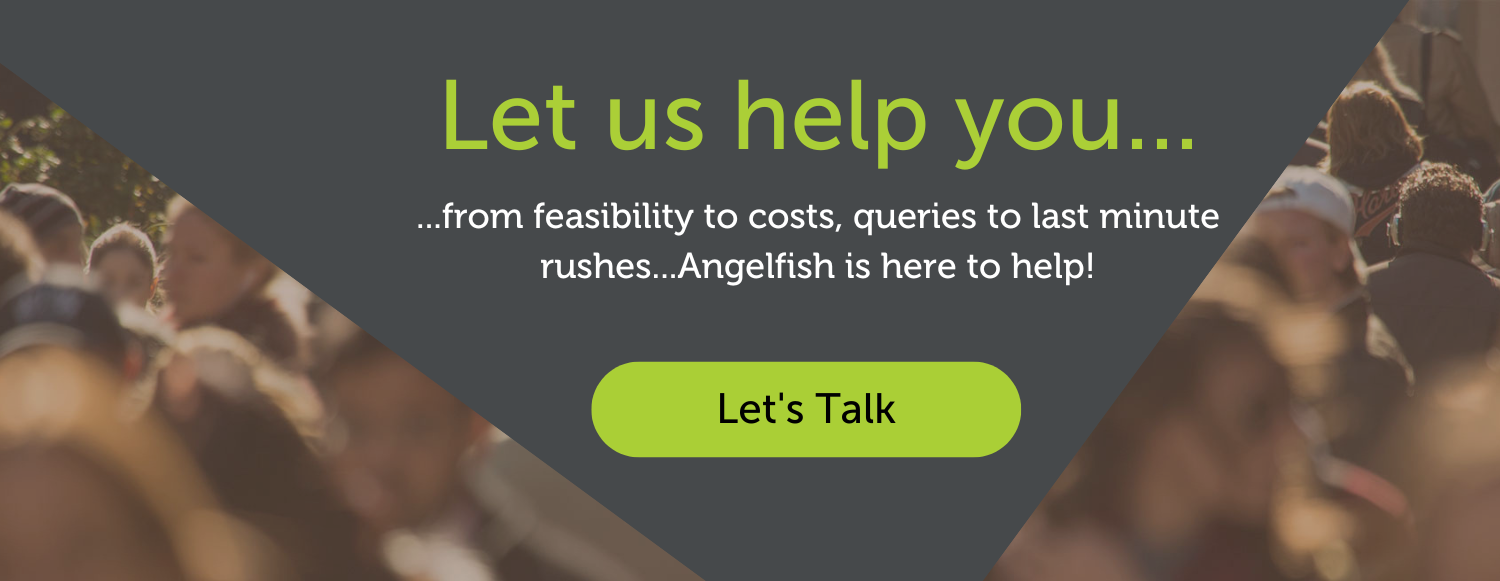
Recruit Participants for Focus Groups: A Smart Spend in Tough Times
As the UK continues to navigate economic uncertainty, one thing is clear: customers are thinking harder than ever about how and where they spend their money.
The cost of living crisis has changed consumer behaviour and fast. So, in a world of shifting priorities and tighter budgets, how can brands keep up?
The answer lies in something refreshingly simple: listening.
And not just numbers on a spreadsheet. To real people, in real-time, talking about what really matters to them. That’s why learning how to recruit participants for focus groups and doing it well is one of the smartest strategic investments a brand can make. The customer's voice is key!
The Current Economic Landscape: Customers Are Spending Smarter
From rising food bills to increased council tax and energy prices, the cost of living is squeezing households across the UK. According to the BBC’s latest live updates, many families are cutting back on non-essentials, switching to own-brand products, and delaying big-ticket purchases.
Meanwhile, businesses are feeling the pinch too. As The Independent reports, economic uncertainty has led to cautious consumer spending and increased pressure on retailers to deliver real value.
This presents a challenge for stakeholders: how do you keep your brand relevant when your customers’ priorities are shifting so quickly?
To put it simply: in uncertain times, you can’t afford to guess. You need to listen; not only to your customers, but to your competitors’ customers as well and act on what you hear.
Why It Matters how You Recruit Participants for Focus Groups
When people are feeling the financial strain, their behaviour changes. They shop differently. They look for different things. They think more critically about what a brand stands for, and whether it aligns with their own values.
That’s why customer insight is so important right now. Not just quantitative data, but qualitative insight; the kind that tells you why people are making certain choices, how they feel about a product or campaign, and what they wish brands were doing differently.
Focus groups offer exactly that. They give brands the chance to hear the customer voice in full colour; emotive, detailed, and sometimes surprising.
And this insight can be transformative. It helps businesses:
- Avoid costly assumptions
- Pivot messaging and strategy with confidence
- Build stronger emotional connections with customers
Ultimately, in a time when customer loyalty is more fragile than ever, genuinely listening and showing that you’ve listened can help brands build trust and stay relevant.
The Value of Focus Groups: A Smart Investment in a Cost-Conscious Market
So, what exactly is a focus group?
At its core, it’s a small, moderated discussion with a group of carefully recruited participants; people from your target audience. Sometimes they’re preceded by pre-tasks, which give people space to reflect and share deeper insights ahead of the session.
Focus groups allow you to dig into the why behind customer behaviours. You can test a product idea, get feedback on campaign messaging, or explore how people feel about your brand in the current climate.
Face-to-face focus groups allow for richer in-the-room dynamics, with stakeholders able to attend and observe first-hand.
Remote groups, on the other hand, are incredibly flexible, quick to turn around, and offer great nationwide representation; perfect when you’re recruiting at scale or need to involve stakeholders from different locations.
And while they involve a bit more investment than surveys or digital analytics, they often save money in the long run. Why? Because they help you:
- Spot red flags before launching
- Test and refine messaging with real people
- Capture emotional nuance that numbers can’t show
- Make strategic decisions based on real human feedback
At Angelfish, we’ve seen first-hand how combining methods, like a pre-task followed by focus groups can deliver incredibly rich insight and help clients align on direction before diving into costly rollouts.
Real-World Examples: Listening in Action
Even the biggest brands need to stop and listen.
Take Coca-Cola, for example. They used focus group research to rethink their entire marketing approach, recognising that real feedback from consumers could help them build more meaningful, inclusive messaging.
Closer to home, we worked with Very to help recruit a panel of participants for focus groups who took part in a live session at their offices in Speke. The aim? To speak directly with their target audience; families and spending-conscious consumers and hear first-hand how they’re navigating the current climate.
The session was held in front of a live internal audience, giving the Very team an incredible opportunity to get closer to their shoppers and better understand their needs, values, and day-to-day realities. It was a brilliant example of how engaging with customers face-to-face can build empathy and inspire smarter, more human business decisions.
You can read more in our Very Customer Panel project showcase.
Making It Happen: How We Can Help You Recruit Participants for Focus Groups
We get it. Organising a focus group can feel like a lot, especially when budgets are under pressure. But with the right partner, it’s not only doable, it’s easy, effective, and genuinely enjoyable.
At Angelfish, we’ve delivered 100s of successful focus groups for major brands. Whether you’re looking for one-off sessions or an ongoing research community, we’ll help you:
- Recruit the right participants for focus groups through our trusted network
- Run impactful sessions - face-to-face or remote
- Explore alternatives like duos, trios, customer audiences, or even Gogglebox-style in-home sessions
As a specialist market research recruitment agency, we take care of the details so you can focus on what really matters: hearing your customers.
If you’re ready to recruit participants for focus groups, connect with your audience, pivot strategically, and future-proof your brand with powerful qualitative insight—we’d love to help.
Get in touch with our team to chat about your next project.
Want more inspiration?
- Discover task ideas to enrich your next focus group
- Or brush up on the basics with our guide: What is a focus group and how can it benefit your research?















